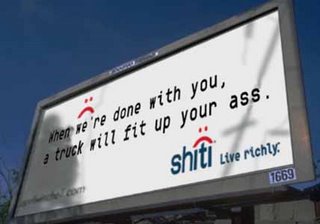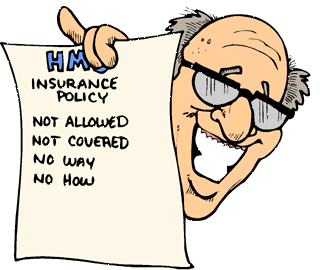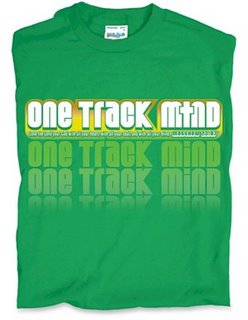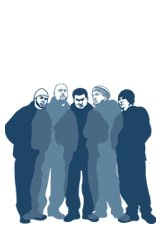No more Citi Dividend Rewards

Just received a letter from my primary credit card company, Citi Dividend Rewards. As of October 13, 2006, this card will no longer provide 5% cash rebate on supermarkets, drugstores, and gas stations. The 5% will now become 2% on those purchases but will also include convenience stores and utlities (excluding phone).
AARRRGGH! I started researching any other possible 5% cash rewards credit cards but they are few and far between. In fact, I have yet to find a suitable alternative. Discover cards offer 5% cashback only on certain types of purchases. American express has a cash rebate card that will offer you 5% on everyday purchases, 1.5% on everything else AFTER you spend $6500. The whole point of having a visa/master card rewards card is that this is accepted everywhere.... whereas AMEX is not as readily accepted.
Citi Diamond Rewards still offers the 5% rebate but you get it in the form of Thank You Points which you can only redeem with their Thank you Network. They do have a student loan rebate that equates the points you earn to as if you were getting a 1% return (i.e. 2500 points = $25 rebate in student loan).
What to do now? Would appreciate any suggestions... For now, I will still use my American Express True Earning Costco Reward card as the primary but I still want to add a Visa/mastercard reward card that will give me 5% rebates on gas.



